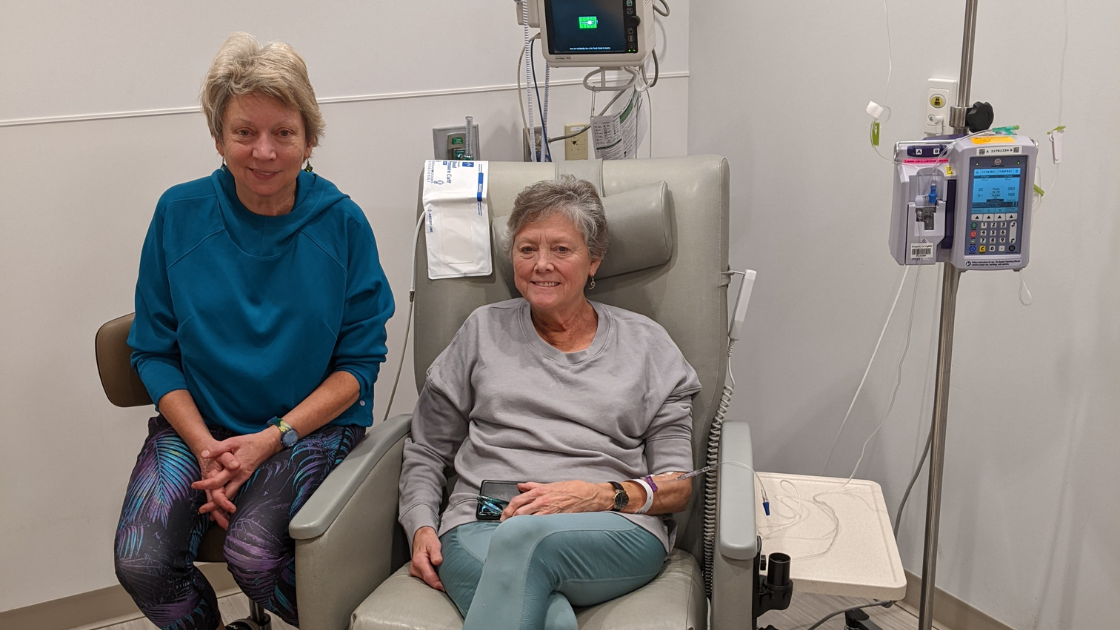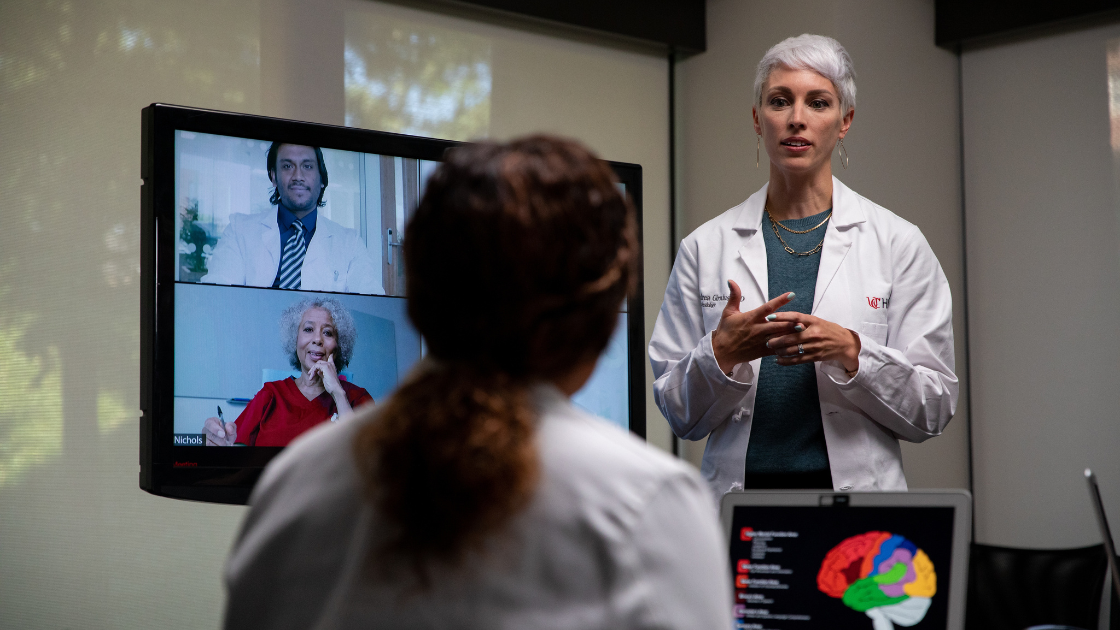A Multi-Disciplinary Approach to Alzheimer's and Dementia Care
Our team of fellowship-trained subspecialists provides the highest level of multidisciplinary care for Alzheimer’s disease and other memory disorders. We are proud to see about 3,800 patients each year, including more than 600 patients with Alzheimer’s disease, and participate in the Alzheimer’s Network for Treatment and Diagnostics (ALZ-NET).
The Importance of Alzheimer's Research and Clinical Trials
UC Health is at the forefront of Alzheimer's research, actively participating in clinical trials and contributing to the global understanding of this disease. Our involvement in the Alzheimer's Network for Treatment and Diagnostics (ALZ-NET) and collaborations with institutions like the National Institute on Aging, the Alzheimer's Society, and the Mayo Clinic, underscore our commitment to advancing Alzheimer's disease research. For the hundreds of patients treated at UC Health every year for Alzheimer’s disease, each has their own treatment goals and dreams.
For Nancy, it’s about continuing to do and remember the things she loves.
“I want to still be able to drive. And remember names and birthdays. I love working in the garden and watching birds. We have a group of five women. We call ourselves “The Divas”. We go out to dinner and celebrate birthdays…And I go to Pilates on Wednesdays…I don’t want to lose those kinds of things.”
With Nancy’s determination and Opal’s steadfast support paired with the leadership and expertise of their care team, we are reimagining her future together.
The Role of Research and Support in Treating Patients
Ongoing research, including clinical trials for treatments like Lecanemab, is essential in the fight against Alzheimer's. Collaborations among research centers, national institutes, and Alzheimer's associations are key to this effort. Support for patients and caregivers, including resources for dementia care, is also a critical component of comprehensive Alzheimer's management.




